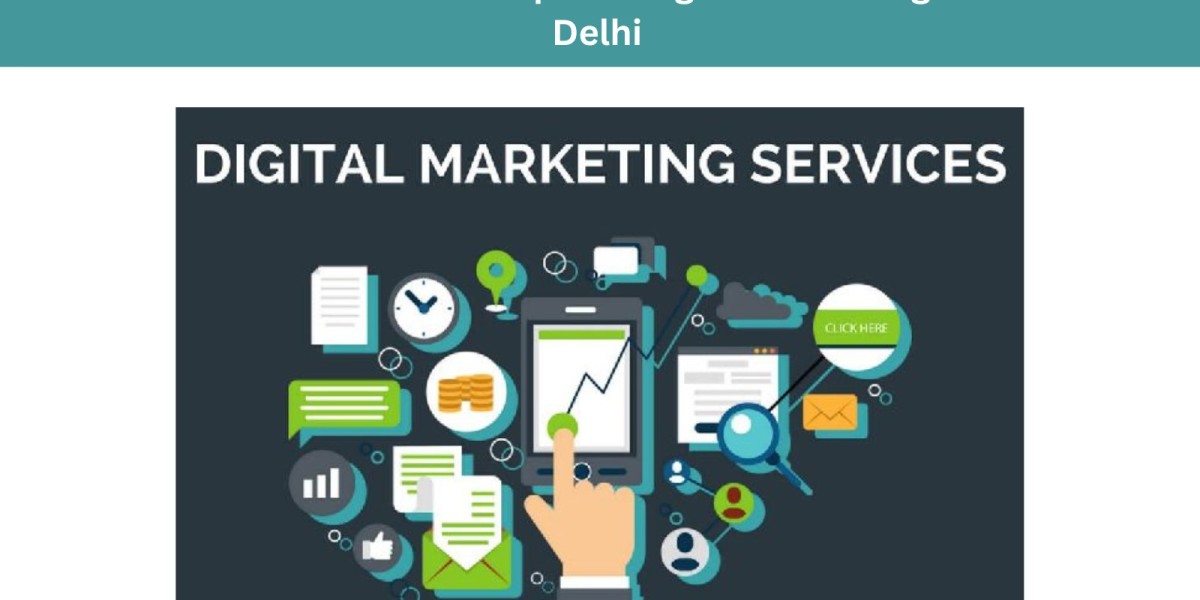E-Learning has emerged as a powerful tool for education, and it offers a unique opportunity to promote critical thinking skills. In this article, we will explore the ways in which e-learning can be leveraged to foster critical thinking and why it's essential in the digital age.
The Digital Age and the Need for Critical Thinking
The digital age has brought about an unprecedented access to information. With just a few clicks, we can find answers to almost any question, learn new skills, and connect with people from around the world. While this access to information is undoubtedly a boon, it also presents a significant challenge: discerning credible information from misinformation and making informed judgments.
In this era of information overload, critical thinking is the compass that guides us. It allows us to question assumptions, evaluate evidence, and consider alternative viewpoints. Critical thinkers are less likely to fall for fake news, conspiracy theories, and other forms of misinformation that proliferate on the internet.
The Role of E-Learning in Promoting Critical Thinking
E-Learning, which encompasses online courses, webinars, virtual classrooms, and interactive multimedia content, has become a cornerstone of education in the digital age. It not only provides access to a wealth of knowledge but also offers a unique environment for fostering critical thinking skills.
1. Interactive Learning Environments: E-learning platforms often incorporate interactive elements such as quizzes, discussions, and case studies. These activities engage learners in active thinking and problem-solving, encouraging them to apply what they've learned in real-world scenarios. For example, a business management course might present a case study of a company facing a crisis and ask learners to devise a strategy to address the issue. This kind of activity challenges learners to think critically, consider multiple perspectives, and make decisions based on evidence.
2. Access to Diverse Perspectives: The internet is a global marketplace of ideas, and e-learning allows learners to tap into this diversity. Online courses often include content from experts and educators from around the world, exposing learners to different viewpoints and approaches. This exposure encourages learners to think critically about the information they encounter, evaluate its credibility, and synthesize it with their existing knowledge.
3. Self-Paced Learning: E-learning offers flexibility in terms of when and how learners engage with the material. This self-paced approach encourages independent thinking and problem-solving. Learners have the freedom to explore topics at their own pace, revisit concepts they find challenging, and dive deeper into areas that pique their interest. This autonomy fosters a sense of ownership over one's learning and encourages critical thinking.
4. Feedback and Reflection: Many e-learning platforms provide instant feedback on quizzes and assignments. This feedback loop is invaluable for promoting critical thinking. Learners can analyze their mistakes, understand where they went wrong, and make corrections. Additionally, e-learning often encourages learners to reflect on their learning journey, set goals, and consider how the knowledge they've gained can be applied in various contexts.
5. Problem-Based Learning: E-learning can incorporate problem-based learning (PBL) approaches, where learners are presented with real-world problems and are tasked with finding solutions. PBL encourages critical thinking by requiring learners to analyze complex situations, identify key issues, gather relevant information, and propose solutions. This approach mirrors the challenges individuals face in the real world, making it a valuable tool for developing critical thinking skills.
Challenges and Solutions in Promoting Critical Thinking Through E-Learning
While e-learning offers numerous opportunities for promoting critical thinking, it also presents some challenges that need to be addressed:
1. Passive Consumption of Content: In some cases, learners may passively consume content without engaging in critical thinking. To address this, e-learning designers should incorporate interactive elements and activities that require active participation.
2. Information Overload: The abundance of information on the internet can overwhelm learners. E-learning platforms can mitigate this by providing guidance on credible sources and teaching information literacy skills.
3. Lack of Personal Interaction: E-learning can lack the personal interaction that traditional classrooms offer. To overcome this, virtual discussions, group projects, and peer reviews can be integrated into online courses to facilitate collaborative critical thinking.
4. Assessment Methods: Traditional assessment methods like multiple-choice exams may not adequately measure critical thinking skills. E-learning platforms should use a variety of assessment methods, including open-ended questions, essays, and real-world problem-solving scenarios.
5. Digital Divide: Access to e-learning resources can be limited for some individuals due to the digital divide. Efforts should be made to ensure equitable access to e-learning opportunities.
Conclusion
In the digital age, critical thinking is a skill that everyone needs. It empowers individuals to navigate the vast sea of information on the internet, make informed decisions, and solve complex problems. E-learning provides a unique opportunity to promote critical thinking through interactive learning environments, exposure to diverse perspectives, self-paced learning, feedback and reflection, and problem-based learning.
However, promoting critical thinking through e-learning is not without its challenges. Passive consumption of content, information overload, lack of personal interaction, assessment methods, and the digital divide are issues that need to be addressed.
In conclusion, e-learning has the potential to be a powerful tool for fostering critical thinking in the digital age. By leveraging the strengths of e-learning and addressing its challenges, we can equip learners with the skills they need to thrive in a world where critical thinking is more valuable than ever before. As we continue to embrace the digital revolution, let us also prioritize the development of critical minds that can discern truth from misinformation, make sound judgments, and drive positive change in society.
Read more about how Green LMS can be tailored for various applications:
Ready to experience unparalleled elearning with peace of mind? Click here for Lifetime Free Green LMS. With Green LMS, secure and stellar e-learning is not just a promise, but a guarantee. https://www.thegreenlms.com/book-a-demo/








